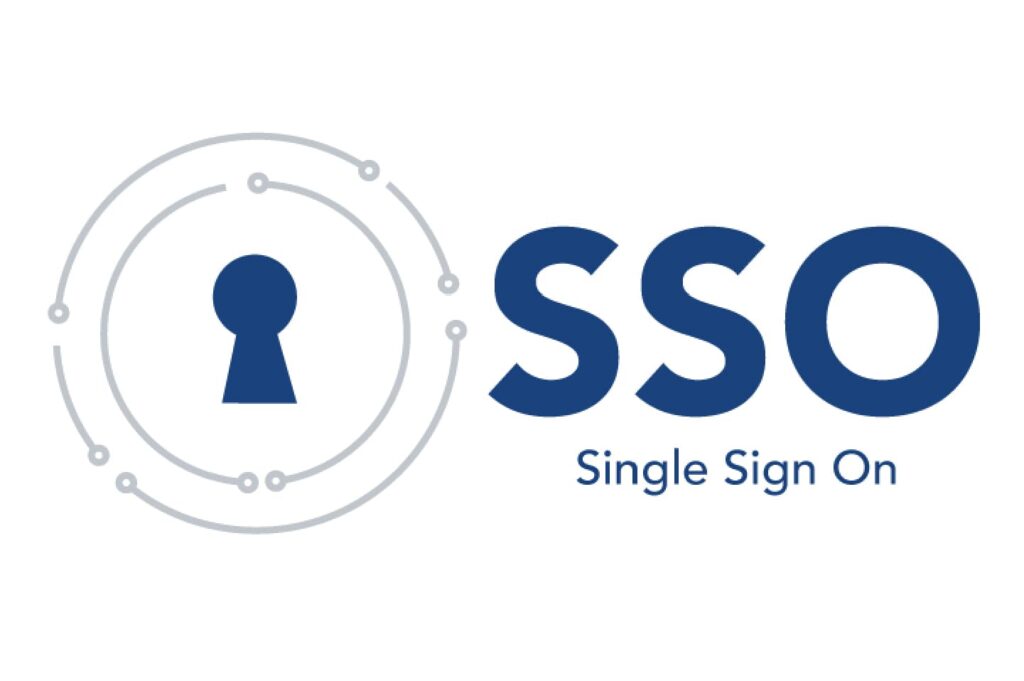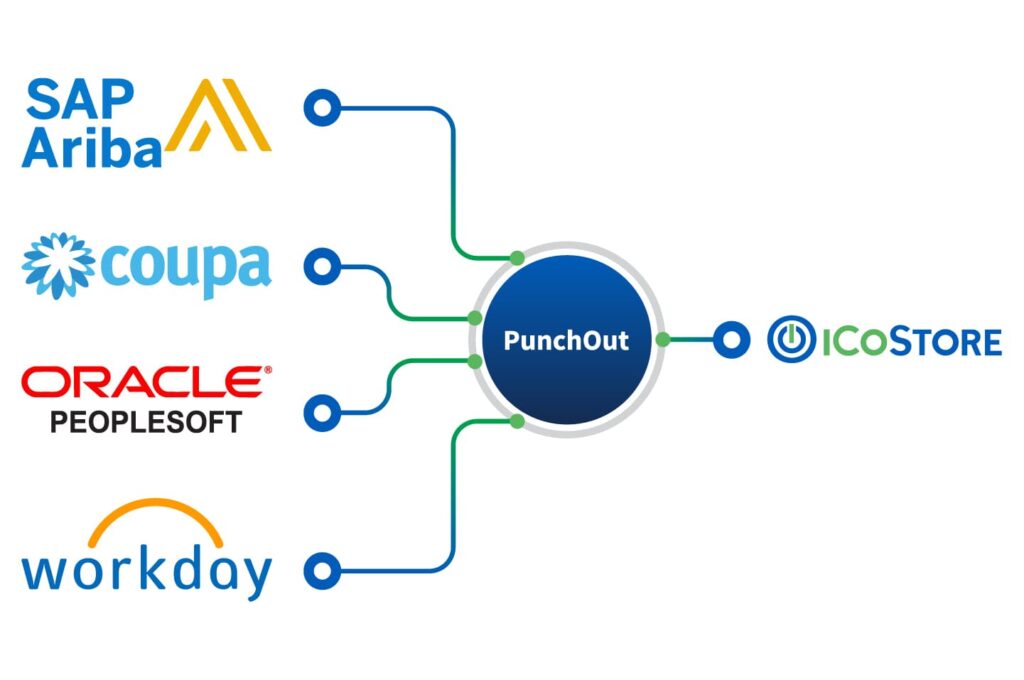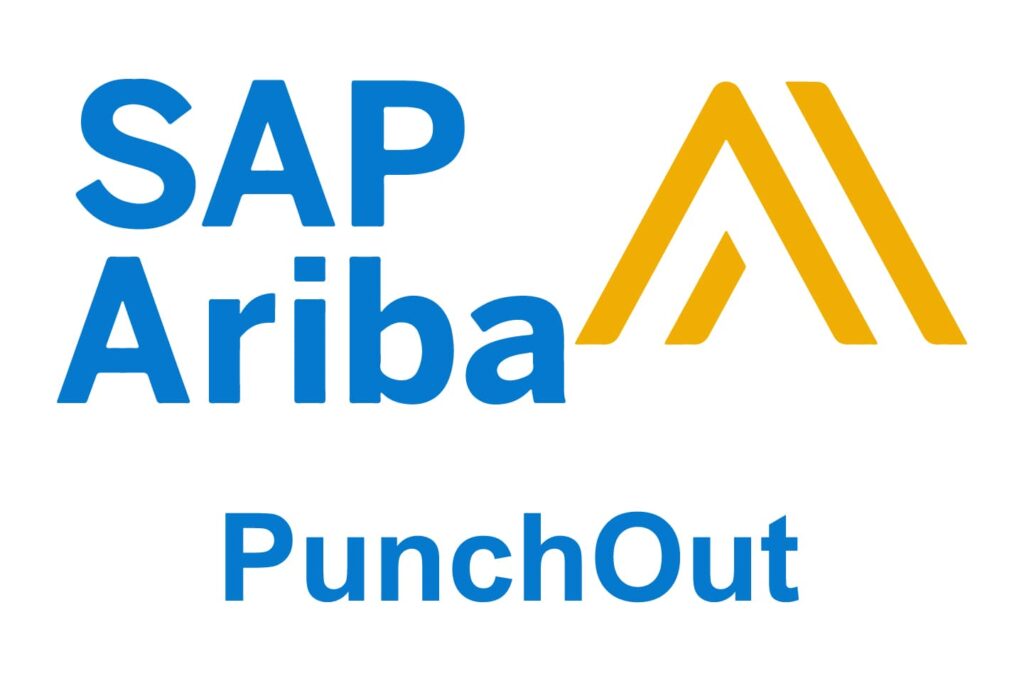From Paper Catalogs to Digital Platforms
The evolution of online company stores tracks back to the pre-internet era and they started as paper catalogs featuring company swag. Initially, these catalogs were exclusive to larger companies, who would distribute printed catalogs of their branded merchandise to employees. Employees would then place orders via mail, fax or phone. In this setup, a promotional products distributor would handle everything from assembling the merchandise and printing the catalogs to sourcing and warehousing the items and processing orders. The company would promote their store and guarantee the sale of the products if employees didn’t purchase them.
The Shift to Digital
With the advent of the internet, company stores transitioned online. However, this shift brought new challenges, primarily the need for a reliable platform to build the store and process orders. Although several companies developed such platforms, they often didn’t integrate with the distributor’s accounting software, necessitating manual re-entry of orders. This process was almost identical to handling orders from a paper catalog. Surprisingly, today, many online company stores still operate in a similar fashion. Distributors build stores using third-party software, merchandise the items, purchase decorated inventory, and warehouse the products, hoping for sales. Although these stores now feature more attractive designs and enhanced functionalities, the back-end process remains largely unchanged. Some distributors have integrated their online stores with ERP systems for seamless order flow, but many still manually re-enter orders.
Current Challenges and Solutions
Issues arise when larger companies select vendors whose infrastructure isn’t designed to handle high volumes of small orders through a store. While it may seem like a lucrative business, if the distributor isn’t equipped for this model, it can strain their operations, resulting in a mediocre store experience. This scenario isn’t a critique of those companies but highlights that they are not set up to run efficient online company stores, even though they source and sell the same logo products. Special orders and store order processing are very different types of business. Some distributors specialize in running online stores and have invested in the necessary software, warehousing, and even decoration equipment to support these operations. Simply selling decorated apparel and swag doesn’t make a distributor an expert in running company stores. With over 28,000 promotional products distributors in the US, each has its niche. Be sure to align with a vendor that has a niche that solves your challenges. The best store vendors have built proprietary online company store software that is integrated into their ERP systems. Their businesses are built to run stores and manage special orders. The days of needing a warehouse full of pre-decorated swag are a thing of the past. The top companies run programs using 75%+ on-demand items, so your store has a huge selection of swag with no inventory risks. This is the future of company stores. The benefits of on-demand production can be found here.
Finding the Right Partner
Understanding your distributor’s strengths is crucial. If running stores isn’t their primary focus, you might be better off partnering with a company dedicated to stores to handle just your company store business. This approach works well for smaller programs (under $250K in annual spending), allowing you to manage creative special orders with your current distributor. It can work but requires some coordination. You would only want to do this if your current distributor is amazing and you can’t live without them. If they are just OK, then look to find a supplier that can do both for your company. The two-company solution isn’t ideal for larger programs. Typically, these programs are more sophisticated and require better technology and integrations between the store and its ERP. Centralizing all purchases with one vendor has numerous benefits, namely brand consistency, integration with Single Sign On (SSO) and punchout, and having a strategic partner who can provide solutions in numerous areas.
Conclusion
Ultimately, there is a distributor suited for every type of company. The evolution of online company stores has been a long one and technology has changed the way we shop, however not all distributors have upgraded their back-end technology and process to fulfill logo swag for your store. Your task is to identify your company’s needs, understand your spending, set clear expectations, and find the right partner to manage your store and handle special orders. This way, you ensure a smooth, efficient program that meets your specific requirements. If you are unsure about your current program and vendor, take this survey. It will score your program and send you a comprehensive evaluation with ways to either improve your current store or how to find a new vendor.





